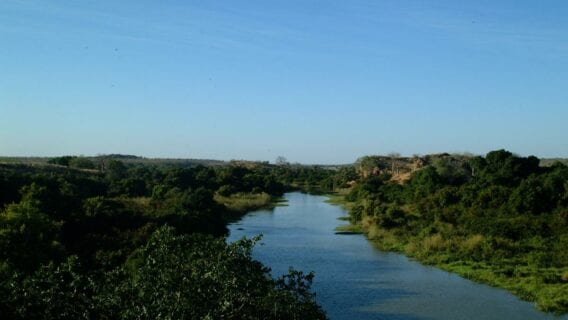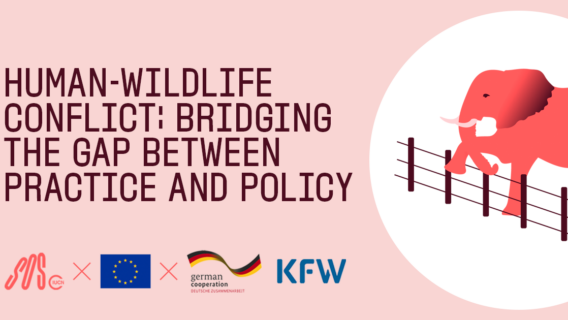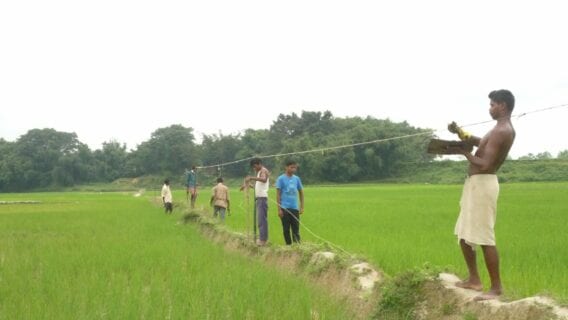IUCN’s Tiger Programme launches Phase IV call for concept notes– Apply Now!

The call for concept notes aims to allocate a total of €10.7 million and, for the first time, the Tiger Programme will extend eligibility to other species that significantly contribute to the intricate tapestry of tiger conservation.
The call for concept notes will close on 20 October 2023 at 2PM CEST.
Projects can target one or more of the following species: tigers (Panthera tigris), leopards (Panthera pardus), and clouded leopards, both mainland clouded leopards (Neofelis nebulosa) and Sunda clouded leopards (Neofelis diardi). Countries eligible under this call for concept notes include Bangladesh, Bhutan, Cambodia, India, Indonesia, Myanmar, Nepal and Thailand. However, it’s important to note that funding will exclusively be channelled towards specific Designated Programme Areas, ensuring a focused and targeted approach to conservation efforts.
Project grant size can vary from a minimum of € 500,000 to a maximum of € 2 million, and sites currently being funded under ongoing ITHCP projects are not eligible for funding under this call. Please refer to the Guidelines for Applicants available on the IUCN Grants Portal for further details
This next phase of the ITHCP marks a pivotal juncture in the global fight to safeguard tiger populations and their ecosystems. Following the IUCN Red List of Threatened SpeciesTM tiger assessment released last year, we now know that there has been a 40% increase of tigers in the wild since 2015. This upward trend indicates that programmes such as the ITHCP are successful, and species recovery is possible as long as conservation efforts continue.
By embracing a comprehensive and diversified strategy that encompasses a wider array of species, the programme will continue to secure a viable future for these Species, their Habitats and the People that live in and around them.
The Integrated Tiger Habitat Conservation Programme is funded by the German Federal Ministry for Economic Cooperation and Development (BMZ) via KfW (Kreditanstalt für Wiederaufbau).




